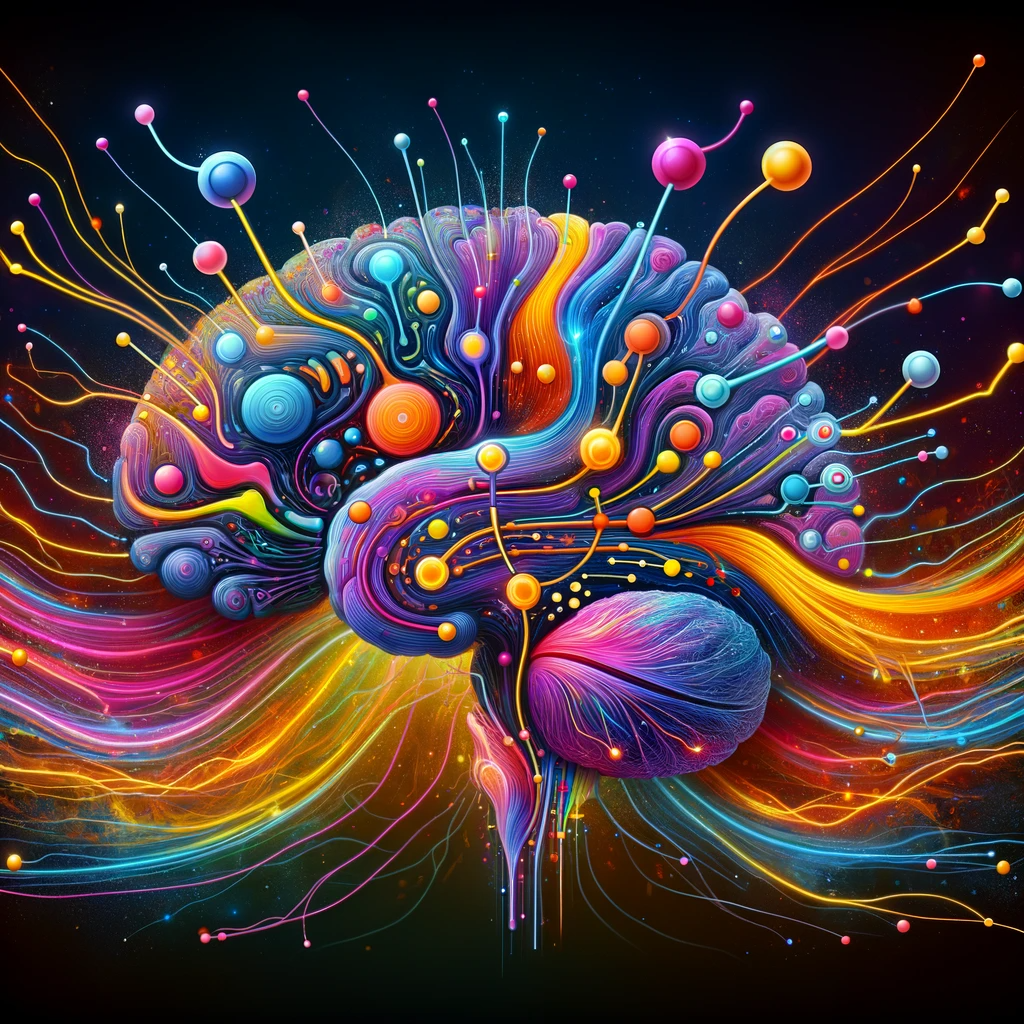
Mechanisms Behind Kanna's Effects
Share
Kanna (Sceletium tortuosum) affects the human brain and body through a variety of mechanisms, contributing to its psychoactive and therapeutic effects. Here's a detailed exploration of these mechanisms based on the sources:
Serotonin Reuptake Inhibition
One of the primary mechanisms by which Kanna exerts its effects is through serotonin reuptake inhibition. Kanna's active compounds, such as mesembrine, prevent serotonin from being reabsorbed into neurons, allowing it to remain active in the brain for longer periods. This action is similar to that of selective serotonin reuptake inhibitors (SSRIs), which are commonly prescribed for depression and anxiety disorders. This mechanism may explain Kanna's mood-enhancing and anti-anxiety effects.
Phosphodiesterase 4 (PDE4) Inhibition
Kanna also acts by inhibiting Phosphodiesterase 4 (PDE4), an enzyme that degrades cAMP, a signaling molecule that plays a critical role in various neuronal functions. Inhibiting PDE4 leads to increased levels of cAMP, promoting CREB activation, which is involved in synaptic plasticity and neuronal growth. This mechanism suggests that Kanna could have cognitive-enhancing effects and contribute to its reported benefits on mood and anxiety.
VMAT2 Activation
Research suggests that Kanna's compounds may increase the activity of vesicular monoamine transporter 2 (VMAT2), a protein responsible for transporting neurotransmitters like dopamine, serotonin, and GABA out of neurons, where they can exert their effects. This implies that Kanna could enhance the availability of these crucial neurotransmitters, supporting its use for mood regulation and cognitive enhancement.
Interaction with Various Receptors
In vitro studies have shown that active compounds in Kanna extract interact with several receptors in the brain, including those for GABA, opioids, cholecystokinin, prostaglandins, and melatonin. These interactions could explain the diverse effects of Kanna, including its calming, pain-relieving, hunger-reducing, and sleep-promoting properties.
Effects on the Amygdala
Research has indicated that Kanna might influence the activity of the amygdala, a key brain region involved in emotional processing. By modulating the amygdala's reactivity, Kanna could lead to more balanced emotional responses, particularly under stress, supporting its traditional use for anxiety and stress relief.
Safety and Toxicology
Studies have shown Kanna to be relatively safe, with high doses administered to rats over two weeks showing no toxicological signs. Human studies have also not found any apparent toxicological effects at supplemental doses. This safety profile supports the potential for Kanna's use in various therapeutic applications.
These mechanisms collectively contribute to Kanna's psychoactive effects and its potential therapeutic benefits. The interaction of Kanna's alkaloids with serotonin pathways, PDE4, VMAT2, and various receptors in the brain, alongside its safety profile, makes it a compound of interest for further research into its applications for mental health, cognitive enhancement, and general well-being.
